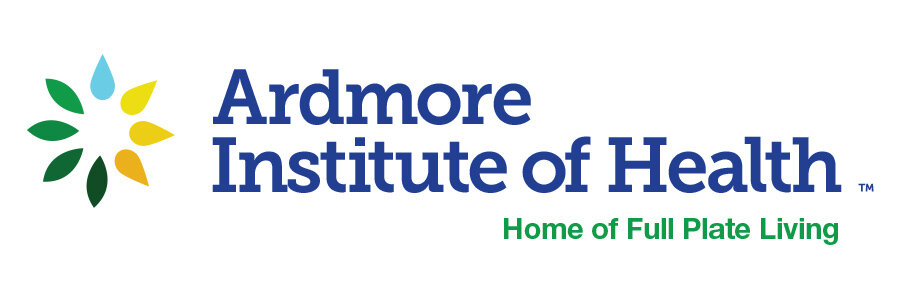Survey Says: Clinicians and Leaders Want More Lifestyle Medicine and Preventive Care
Richard Safeer, MD, FAAFP, FACLM, FACPM, reports:
Lifestyle medicine and preventive care can be effective through intentional, integrated strategies, but providers must figure out how to optimize it for patients while also making it financially feasible.
The use of lifestyle medicine competencies in health care, defined as evidence-based behavioral interventions that encourage healthy choices or habits, has the potential to mitigate the impact of chronic diseases. In a recent survey of the NEJM Catalyst Insights Council, respondents place a high priority on lifestyle medicine and preventive care. Yet progress on implementation remains elusive.
In the August 2020 survey of Insights Council members — who are clinicians, clinical leaders, and executives at organizations around the world that are directly involved in care delivery — more than two-thirds (71%) of respondents say that their organization makes care modalities related to lifestyle medicine either a high or moderate priority. Further, 59% of respondents indicate that their organization’s current priority level is insufficient and should be even higher.
Click here to download the survey report.
Related grant: What Do Millennial Patients and Clinicians Want from Lifestyle Medicine and Primary Care?

